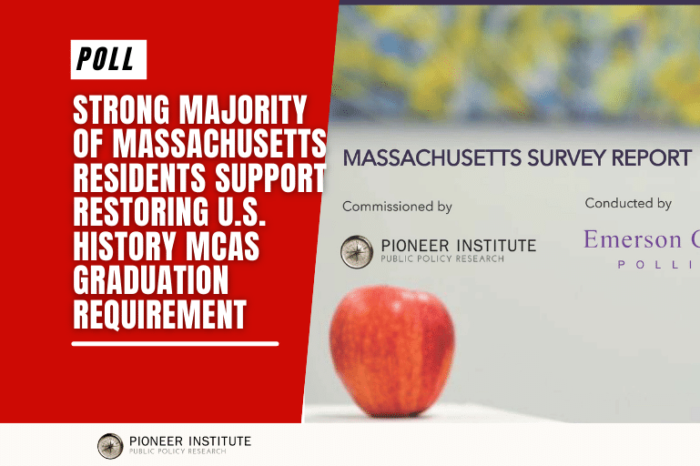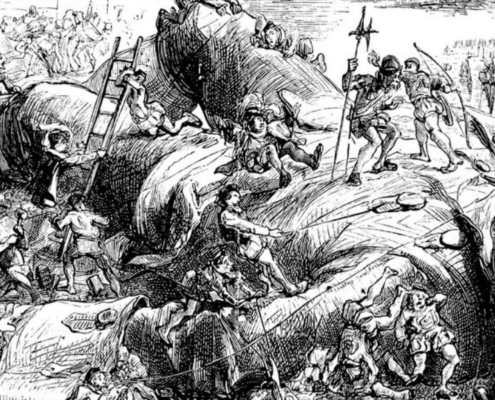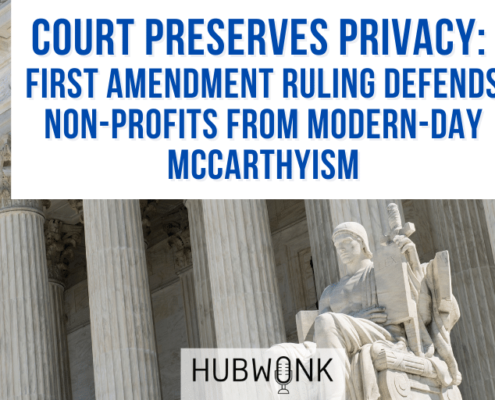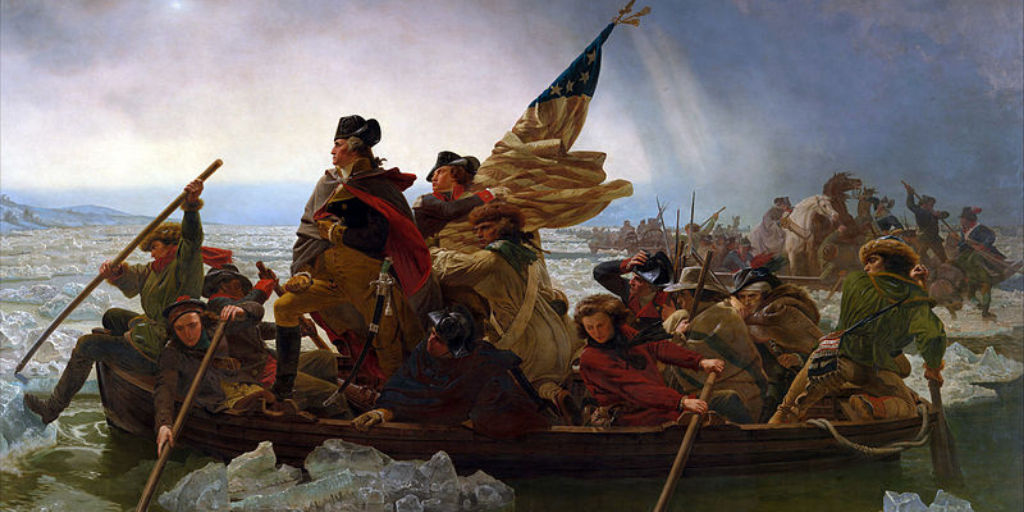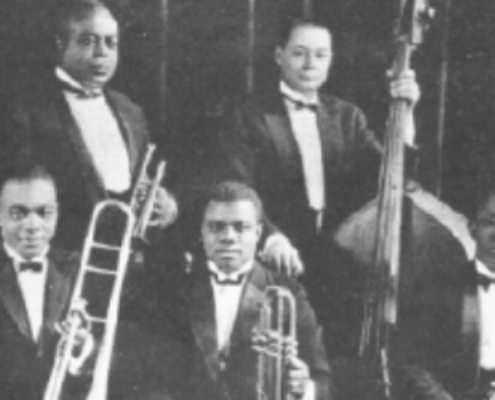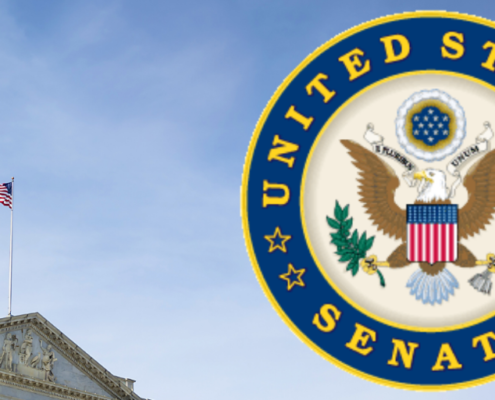Poll Finds Strong Majority of Massachusetts Residents Support Restoring U.S. History MCAS Graduation Requirement
Read media coverage in Boston 25. State House News Service, and the Boston Herald.
BOSTON – Sixty-two percent of Massachusetts residents support restoring passage of a U.S. history test as a public high school graduation requirement, according to a poll of Massachusetts residents’ attitudes toward education policy commissioned by Pioneer Institute and conducted by the Emerson College Polling Center.
In 2009, the commissioner and state Board of Elementary Education agreed to postpone implementation of the U.S. history graduation requirement, which had been mandated by the Commonwealth’s 1993 Education Reform Act. In a 2018 poll commissioned by Pioneer, 68 percent of parents supported restoring the graduation requirement.
“State residents know that suspending the history graduation requirement has relegated history and social studies to second-class status in the Commonwealth’s public schools,” said Pioneer’s Director of School Reform Jamie Gass. “And they’re not happy about it.”
The new poll also found that 80 percent of residents believe Massachusetts public school students should study our nation’s founding and history, compared to 7 percent who disagree. Among registered voters, the margin increased to 91-6.
When asked to rate the quality of K-12 public schools in Massachusetts on a 1-5 scale, with 1 being the lowest quality and 5 being the highest, 43 percent gave the schools a 4 or 5, while 20 percent rated them a 1 or 2.
Members of households without children 18 or younger were more likely to have a high opinion of the schools. Forty-five percent of them gave them a 4 or 5, with only 18 percent rating them a 1 or 2. Among households with school-age children, the margin was 37 percent to 23 percent.
Looking at the Commonwealth more generally, 42 percent of respondents said they think Massachusetts is moving in the right direction, while 32 percent think it’s on the wrong track. The results varied dramatically by party, with 66 percent of Democrats saying the Commonwealth is moving in the right direction, compared to just 21 percent of Republicans.
The poll has a sample size of 1,000 with a margin of error of +/- 3 percent. It was conducted between November 11 and November 14.
“Americans’ ignorance of history and their institutions is a regular punch line on the late-night comedy shows,” said Jim Stergios, Pioneer’s executive director. “The current state of political and public debate in our country is a direct result of a disinvestment and lack of attention to these topics in school.”
Get Updates On Our US History Initiative
About Pioneer
Mission
Pioneer Institute develops and communicates dynamic ideas that advance prosperity and a vibrant civic life in Massachusetts and beyond.
Vision
Success for Pioneer is when the citizens of our state and nation prosper and our society thrives because we enjoy world-class options in education, healthcare, transportation and economic opportunity, and when our government is limited, accountable and transparent.
Values
Pioneer believes that America is at its best when our citizenry is well-educated, committed to liberty, personal responsibility, and free enterprise, and both willing and able to test their beliefs based on facts and the free exchange of ideas.
Related Content:

